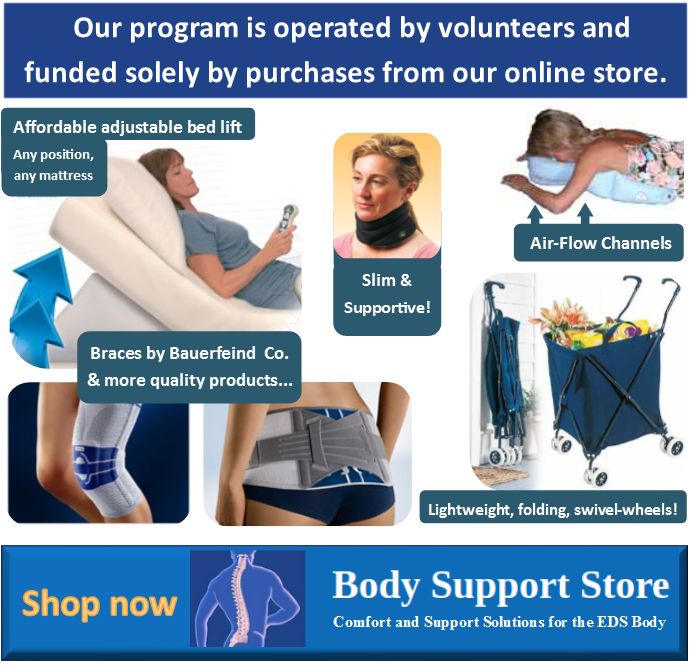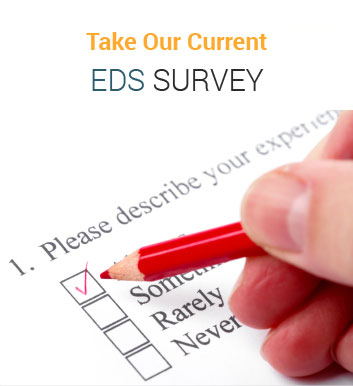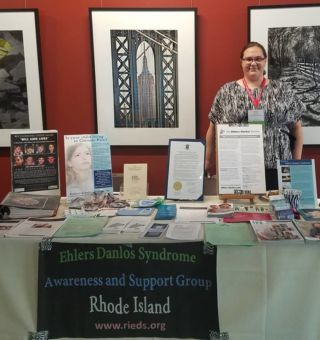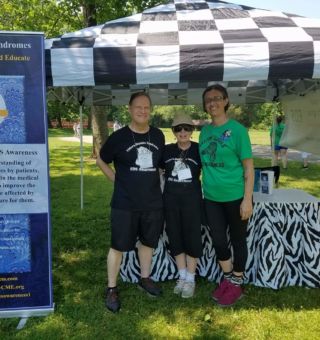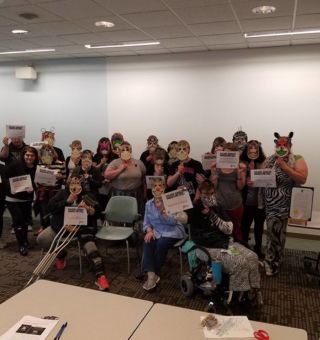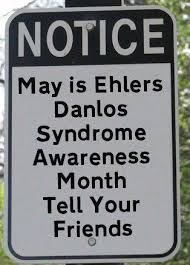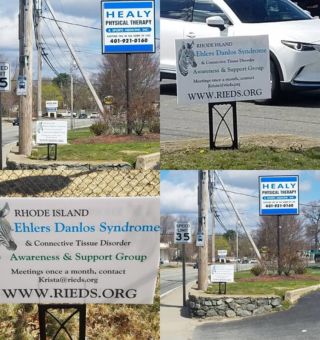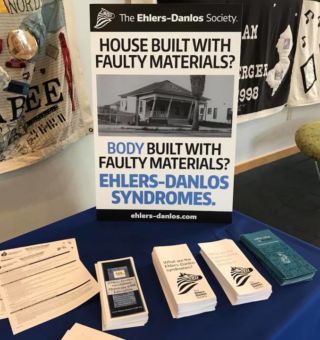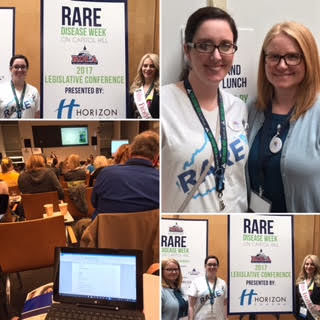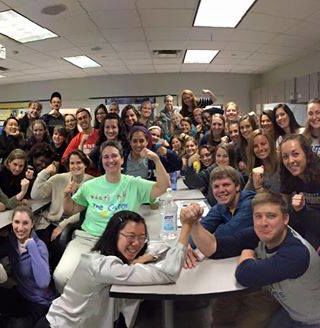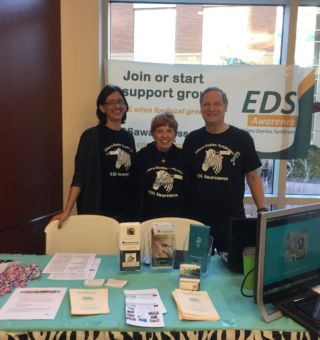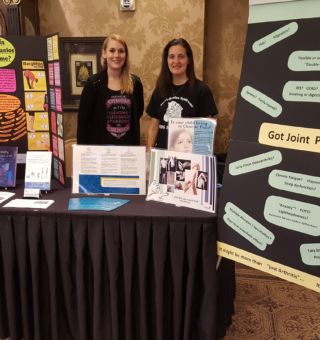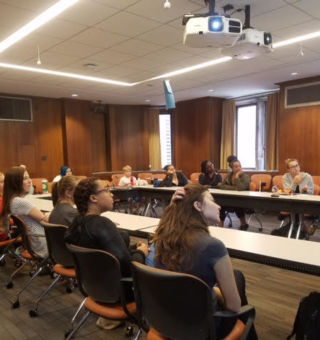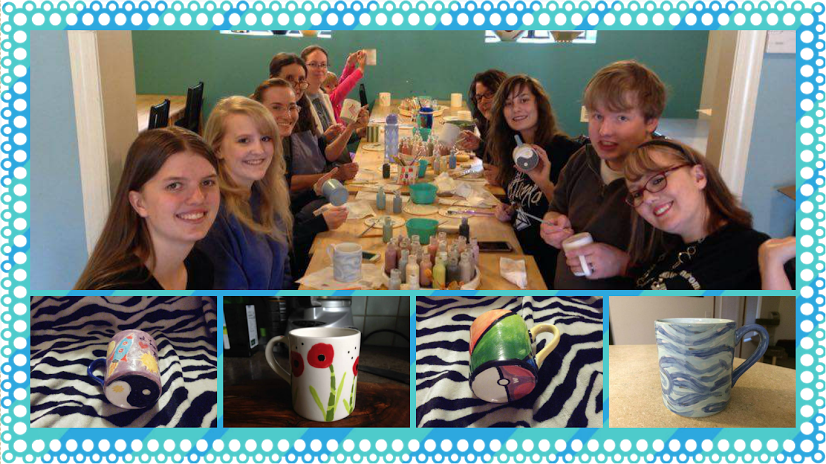Being Your Own Advocate for Your Rare Health Condition
Edited by Sue Hagen – Colleague and Friend – National Ataxia Foundation
 Wow! How many times have you or loved one or a friend been told something totally wrong about your condition from a doctor? Of course, I know the answer…many, many, many times.
Wow! How many times have you or loved one or a friend been told something totally wrong about your condition from a doctor? Of course, I know the answer…many, many, many times.
The worst imaginable place to hear it is from an emergency room doctor. (I have been there, seen it done.) Having been down that road so many times, I realized I had to fine tune my skills for advocating for not only myself but for future patients who have rare disorders and face the blank look and lack of knowledge or worse yet, the attitude and ego issues
Being your own advocate not only improves the quality of your care in the future, but also provides your local caregivers, physicians and hospital staff a better understanding of what your disorder or condition is and makes it a little easier for the next rare disorder patient coming through their door.
One of the first ways I began to advocate for myself was to pull together information on my condition(s) that were written by doctors and specialists who are caring for those who have these disorders and the researchers who are studying the diseases.
The next step was to compile a complete outline of my health issues and diagnosis in an outline form using my complete medical records. I strongly recommend having your medical records on a disc or flash drive. I basically took my medical records and made a trimmed down-chronological list: by year/type of tests/test results/emergency room (ER) visits/diagnosis/medications/therapies/etc. The outline format is easy to read and doctors can get a very clear picture of your medical history and health status. Once completed, your outline can be put onto a flash drive or disc for you to give to future doctors or carry when you are traveling or, god forbid, you have to go to an ER.
Being an advocate for myself also required me to be firm with any medical dealings with health care providers but I always remained respectful and kept calm. It is indeed easier to get what you want with sugar than it is with vinegar.
Another big piece to being your own advocate is to seek out doctors who are willing to be supportive of your needs. It would be great to have a local doctor who was experienced in your condition however if they are not experienced but they are willing to learn and help you, it is an important step. These are the doctors who you want to provide with the research and information specific to how you are affected. Also, it is wise to have them utilize the national experts in the specialty being reviewed.
In the ER, being your own advocate can be difficult since you may be in bad shape. This is where you need to be very specific as to what is going on with you and what key information they should know in an ER setting. Be respectful but firm in taking the right steps. It also helps to have someone who understands your condition advocate for you as well. They must know the short list of what to do and what not to do. This preparation is very important.
Being your own advocate in an educational setting is another important step in raising awareness and the quality of care of your condition within the medical community and the world around you.
Sometimes it can seem pretty daunting when you think of contacting the medical community, whether it be a hospital, a medical school, a local health fair, a private medical practice or your own healthcare provider’s office. In the last 15 years of working on various forms of medical advocacy, I have found, through trial and error, some useful steps in obtaining the best results in each area of the medical community and all health related entities.
Many of the tools that I discussed on ways to advocate for yourself are also useful in advocating with the medical community. I am going to discuss each opportunity (mentioned above) and the process to help bring you the best results on raising awareness and providing key points on a particular condition and/or group of symptoms that the medical community should know.
When contacting a hospital, there are many factors to consider. First, what type of hospital are you contacting? Is it a stand-alone hospital or is it affiliated with several other hospitals as part of a health network? Is it a teaching hospital? If so this means it would be affiliated with a medical school. Whichever type you are contacting, it’s important to speak with the person who handles medical education programs for the hospital.
There are several things you can suggest to the hospital’s representative regarding medical advocacy and education
• Having an awareness table at the hospital on your condition staffed by knowledgeable support staff and/or volunteers.
• Having an opportunity to tell your personal story and answering questions from individual departments/staffs at the hospital.
• Providing literature to their various departments on the condition that pertain to their particular specialty.
• Creating a new opportunity for the hospital to help better understand and serve the rare disorder community.
One way to improve your chances on gaining an opportunity for advocacy is to ask your doctors to help, especially if they are affiliated with a local medical school or have good contacts at the hospital and/or medical school where you would like to advocate. They may teach or present at affiliated hospitals and medical schools. They may know doctors or key administration representatives who they could introduce you to who could help you with your advocacy work.
Your message is a powerful and important one when it comes from your own or a close loved ones experiences who have the condition for which you are advocating. Having the condition, knowing all the facets of its symptoms and the key factors that doctors and medical students may not know should be an integral part of your message.
Along with hospitals and medical schools, there are other opportunities for advocacy, including local health fairs, medical conferences and other medical educational programs/initiatives. Having an awareness table is one of the main goals you should try to achieve. However, if you can’t get a table, you can attend the event and go around and talk to the variety of attendees such as doctors, nurses and administrative staff who are attending, educating them on your disease, exchanging information and helping to further your advocacy to their respective institutions.
Sometimes when people advocate for their conditions they neglect to contact the private medical practices in their area or the smaller medical clinics. These opportunities require a bit more personal attention and effort but can be well worth the outreach.
No matter what type of medical advocacy you want to start, the first task is to take time to consider what message best fits the individual or organization you are interested in contacting. It’s always a good idea to step back and ask yourself, “What might they be interested in learning from me about my condition that they could utilize to help future patients they may see who have the same condition?”
Being your own advocate to the medical community is a big step in raising awareness of your condition. Armed with factual information and the power of your own story is key to improving not only the awareness of your condition in the medical community but hopefully the quality of care for all those with your condition who walk through their doors in the future.
In closing, I would also recommend working with local support groups and local and national organizations that represent and support your condition. Working together can make anything possible so don’t hesitate to reach out. I wish the very best in your advocacy work.
Jonathan Rodis
– Head – EDS New England/Massachusetts Support Group, President-Massachusetts Chapter of the Marfan Foundation, Chair
– Physician awareness Committee(s) for Ehlers-Danlos and Marfan Syndrome and Related Disorders and a National Disability Advocate
You can find Local EDS Support Groups on the map at www.edsawareness.com
We appreciate your Facebook Shares, Likes and Comments



